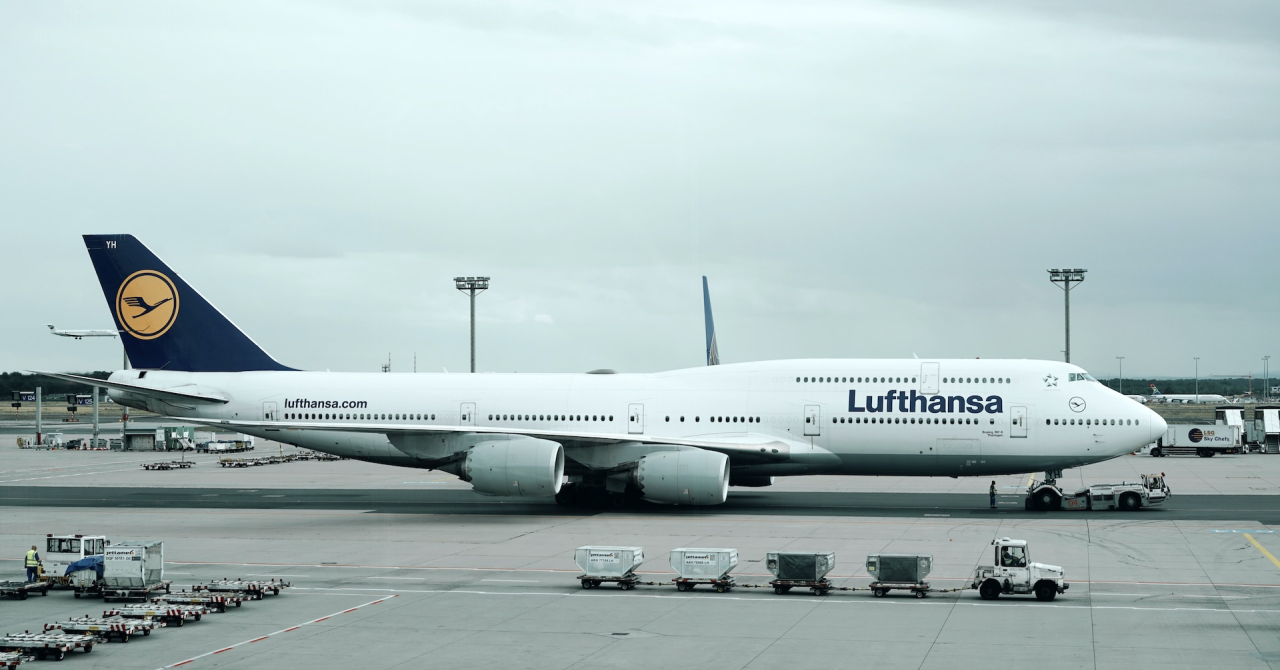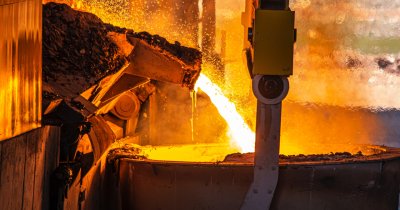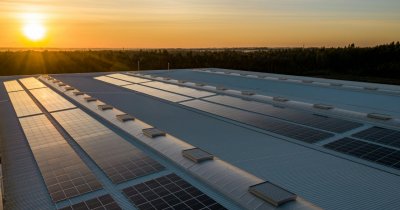ESG Today writes that HCS Group will manufacture the low-emission fuels with the help of Alcohol-to-Jet (AtJ) technology, which implies using farming and forest residue-derived alcohols to create SAF.
The production is set to begin in the second part of this decade in Germany at what could be the largest facility in the world capable of producing biogenic SAF. Since this fuel is one of the best currently-available technologies to lower aviation's emissions, Boeing aims to make it easy for those who want to purchase this type of fuel, by encouraging the competition between manufacturers.
Lufthansa aims to become a carbon-neutral company by 2050 and by 2030, the company wants to slash its 2019-level emissions in half. One of the largest SAF customers in the world, Lufthansa expects to spend around 250 million euros in purchases of the low-emission fuel over the coming years.
 Mihai - Cristian Ioniță
Mihai - Cristian Ioniță












Any thoughts?